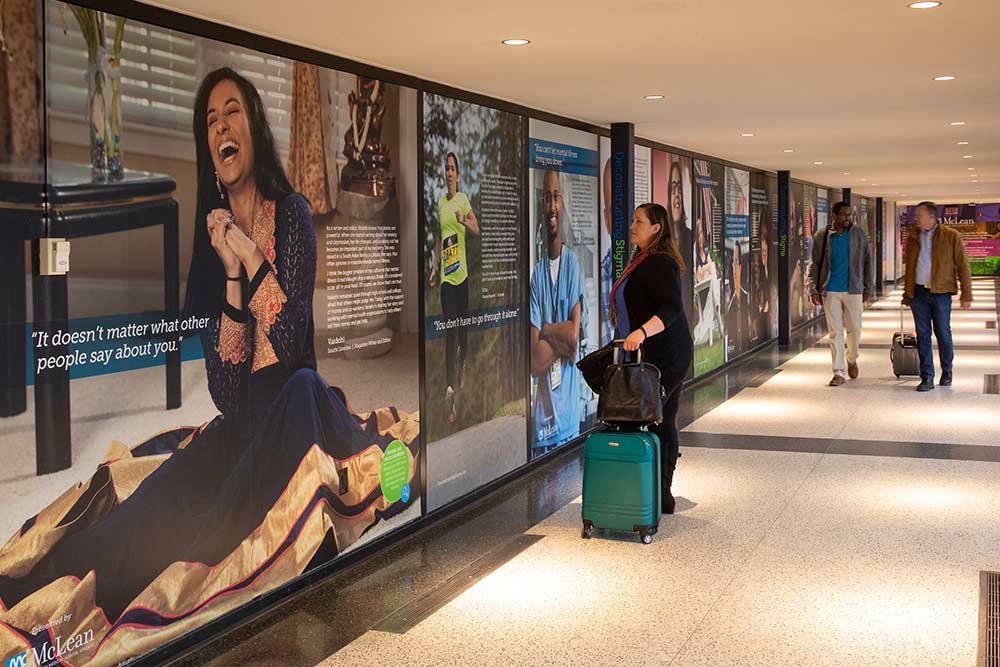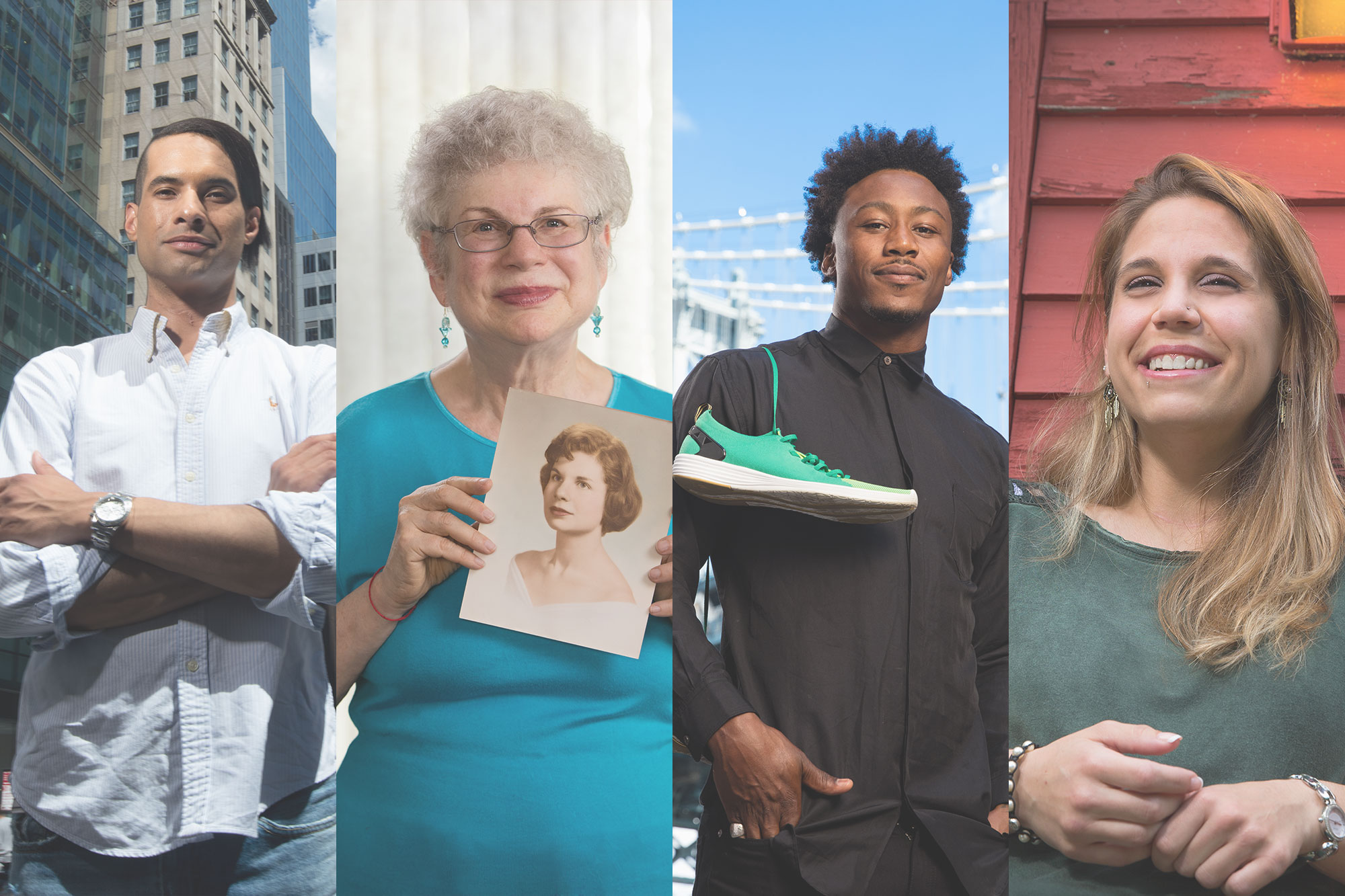I am enough
As a female person of color who is a part of the LGBTQ community, I know how much stigma hurts. It can make you feel like a monster or not good enough.
The cultural norm of people of color not talking about mental illness or taking it seriously hinders so many people from getting help or reaching out. Break the stigma and treat everyone like the human beings that we are.
Chezia has been facing abuse, prejudice, and stigma for most of her life.
I was around five years old when I first witnessed my mom abuse my sister, about six when she was driving drunk with us in her car, 10 when my sister passed away, 12 when I was isolated across the country living with my abuser, and so on.
Also, Chezia spent most of her teenage years being told she “wasn’t enough.”
I wasn’t pretty enough, I wasn’t smart enough, I wasn’t Black enough, I wasn’t mixed enough, I wasn’t talented enough, and I wasn’t enough for this world.
I had multiple appointments for plastic surgery to tweak my face, just enough. I never followed through though.
I had to become a classical piano teacher as a pre-teen to prove I was talented enough—even though I couldn’t really have a social life beyond it. I was only allowed to eat half of what others in my household ate just so I could be thin enough.
When she was 16, Chezia had had enough verbal, mental, and sexual abuse. She told her mother that she was going to kill herself.
For some reason, I thought I would be faced with a crying mother wanting to help, a compassionate person, a loving figure. Instead, she told me, ‘I wouldn’t have a funeral for you.’ Afterward, I was only abused more.
During this time, I reached out to my school counselor. I didn’t know what options I had as an underage teenager who was being abused by her parent.
This proved to be problematic. My school called my mom to discuss my concerns with a mediator. She simply told them that I was an angsty teenager who had it out for her mom.
From then on, she told me that I was the crazy one and no one would help me because I didn’t need to be helped.
At 17, Chezia left home, but it didn’t end her troubles.
The truth is, just leaving the situation doesn’t mean it’s over. I was stalked, had the cops called on me, had my job called. Family members called my phone almost every day telling me I was nothing. My joint bank accounts were emptied.
In college, Chezia experienced post-traumatic stress disorder (PTSD), panic attacks, and more suicidal thoughts.
I got to the point where I was dating a drug dealer, lending out my car to strangers, and was stoned most of the time unless I was at work or doing homework. I didn’t care what happened to me—but I understood that I could help others.
Chezia volunteered for a community mental health group. She felt at home helping young people in crisis—because she was one herself. Then, a traumatic experience pushed her to the breaking point.
I was in another abusive relationship. One day I was drugged and raped by my then-boyfriend and his friends. I was at the point where something had to change.
I was 21, going to the ER every month from panic attacks because I didn’t know what they were. I was working three jobs to pay for everything, and I was a full-time student. I had just been raped, and something had to change.
Chezia left her abusive boyfriend, changed her phone number, and blocked her mother from her life. She also reached out to her father, made plans to move to her hometown, and started investigating self-care, body positivity, and mental health options.
I was determined to feel like a strong individual.
In time, Chezia was diagnosed with PTSD and major depressive disorder. To address her diagnoses, she took part in talk therapy and engaged in eye movement desensitization and reprocessing (EMDR). She also practices yoga, meditates, and has formed “wonderful relationships with people who care and have helped get me to where I am now.” For Chezia, recovery is an ongoing process.
I work on myself every day. I tell my body it’s beautiful, I do guided meditations to fight off my self-hate, and I see a therapist regularly.
I still have panic attacks sometimes when I’m triggered, I still cry sometimes at night because I wish those things didn’t happen to me, and I’m still told I’m too young.
But I pick myself up and remember how far I have come.
Chezia is proud of her recovery journey, and she takes strength from her achievements.
My Dad told me of a wonderful quote that I think of every day: ‘I have come so far with so little. I can do anything with nothing.’

